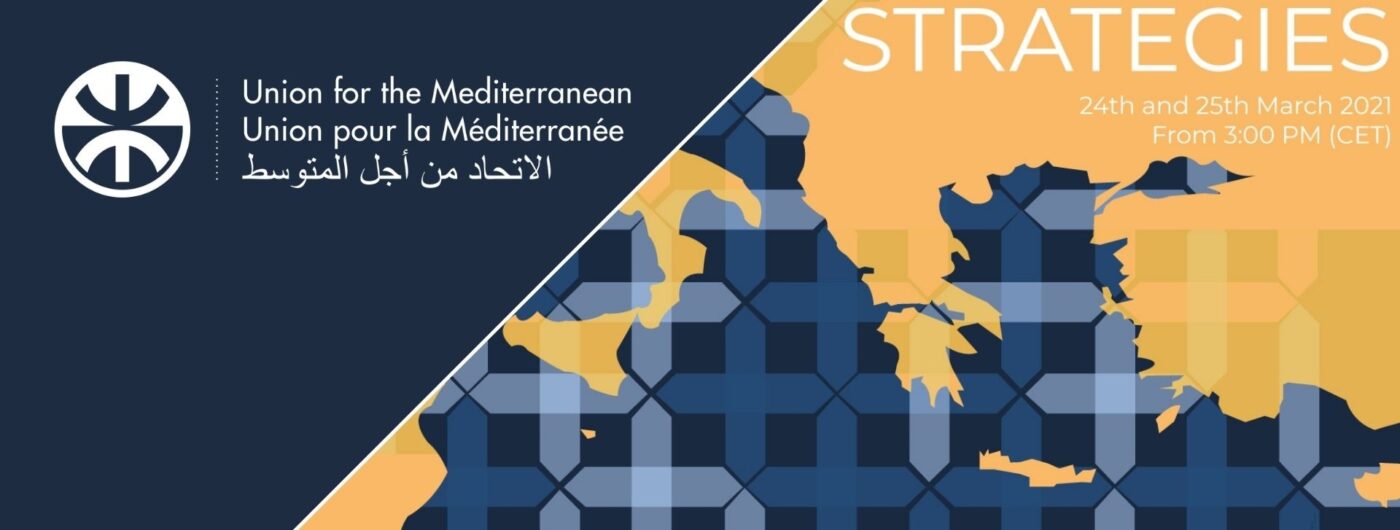
Energy Strategies Europe and the Mediterranean: trends and scenarios for a connected energy market
Advanced Research Workshop; Organised by the NATO Defense College Foundation in co-operation with the NATO Science for Peace and Security Programme, the Policy Center for the New South, the Trans Adriatic Pipeline AG, the Union for the Mediterranean and the NATO Defense College.
Rome, the 24th and the 25th of March 2021
Venue: Live streamed from the Rome Cavalieri, A Waldorf Astoria Hotel Via Alberto Cadlolo, 101, Rome or Online
Thursday 25th of March 15,00 – Special Intervention
Grammenos Mastrojeni, Deputy Secretary General for Energy and Climate Action, Union for the
Mediterranean, Barcelona
SESSION 1 EVOLVING POWER CAPACITY IN THE WESTERN MEDITERRANEAN: The existing energy infrastructure in the area (part of the NATO Mediterranean Dialogue) is evolving from a purely fossil production towards more renewables. What are the challenges and the technological issues of a production diversification and the conditions for regional electrical connections? The objective is favouring at the same time more stability through a diversified energy production and more collaboration through an integrated energy market.
SESSION 2 ENERGY SECURITY: THE MUTATION OF A CHALLENGE: Energy security of supply goes beyond the traditional stability of energy producing countries. Cooperative security is an added value to tackle old and new threats to traditional and advanced energy infrastructures, including cyber attacks. The role of NATO tools and partnerships.
SESSION 3 THE TWIN GOAL OF A CONNECTED MARKET AND STABILITY: A connected energy market in Northern Africa on the one hand requires infrastructures, interconnections, grids and well implemented regulations. On the other hand, in order to ensure North-South exchanges, it also needs a cooperative security framework to achieve stability. How do market actors interact among themselves and with (inter)governmental bodies assuring energy security?

